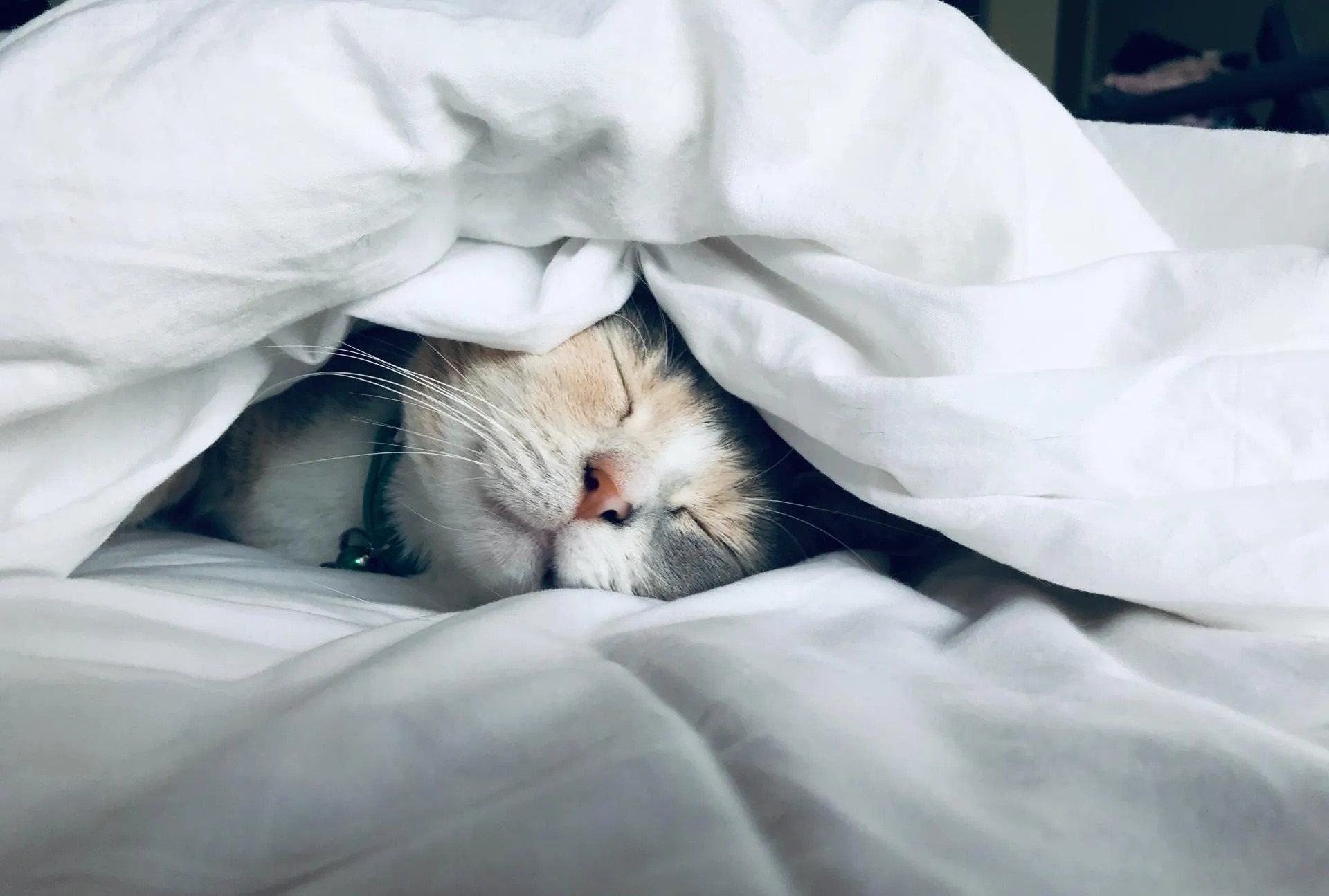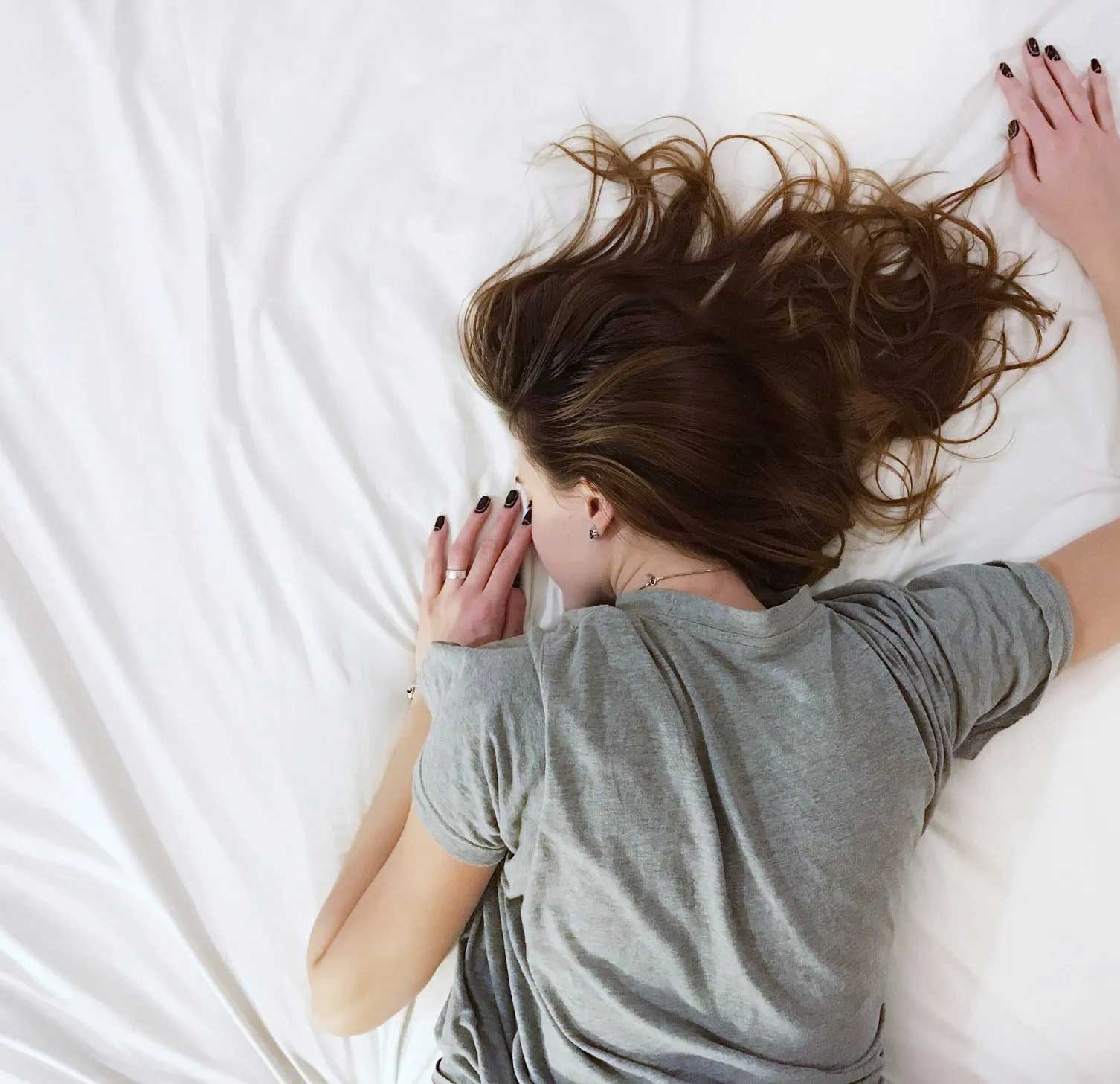REST

Rest
Rest may refer to leisure, human relaxation or sleep. All are important and FDN clients are encouraged to get enough of all three. So how much is enough? Experts don’t always agree, but we’ve found that women need about an hour more per day than men. Believe it or not, research shows that teenagers need the most, about an hour more than women.

Poor Sleep
Both these scenarios represent healthy rest cycles as long as the person is actually entering deep, restful and restorative sleep for at least 7, 8 or 9 hours depending on age, gender and metabolic type.

Hormone
With the monthly rise and fall of hormone levels and the changes their bodies go through during pregnancy and menopause, it’s no wonder that women are more likely than men to have difficulty falling and staying asleep. A recent survey by the Better Sleep Council indicated that almost 70 percent of U.S. women sleep less than the recommended eight hours per night. If you are not getting enough shut-eye, then take heed, because lack of sleep has been linked to increased health risks in a number of areas such as heart disease, obesity, and chronic fatigue.

Cortisol, Stress and Insomnia

Urination During The Night

Urination During The Night
If you suspect you need to improve your quality and quantity of sleep, we suggest you get a complete assessment from a certified FDN practitioner. In the meantime, here are some hints for getting you the sleep your body deserves:
Get plenty of regular exercise and try to complete your workout at least 3 hours before bedtime. Exercise increases the amount of deep sleep you get. Aerobic exercise each day and weight lifting twice a week is optimum.
Avoid nicotine (this is only one reason you shouldn’t smoke). Nicotine can lead to fragmented sleep if used close to bedtime.
Eat dinner 2-3 hours before bedtime.
Take 1/2 hour before bed to use for relaxing, such as soothing in a warm bath, meditating, reading a book, and/or listening to calming music.
Avoid products containing caffeine. If you have trouble sleeping, this is very important! Do not consume caffeine after 2pm if you have trouble sleeping.
Avoid alcohol close to bedtime as if can interfere with your sleep later in the night
Avoid foods and drinks high in sugar. As your sugar level drops during the night, your sleep may be disrupted.
Establish regular times for bed and for waking.
Improve the sleep environment, i.e. comfortable mattress and pillows, quiet, dark, comfortable room temperature.
Don’t drink liquids before bedtime. Drinking liquids before bed time could be causing you to wake up because you have to urinate.
Supplements can also help with sleeping.
